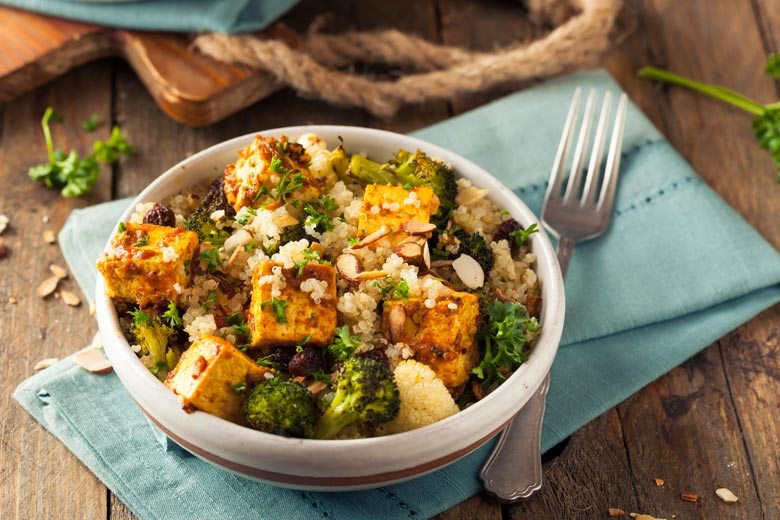Going gluten-free can be a big turning point to greater awareness and healthier eating. All of a sudden, people need to start reading labels, and many begin to wonder why there are all of these ingredients they can’t pronounce and why high fructose corn syrup seems to be in everything. Or maybe after years of eating anything and staying slim, the pounds have started creeping upward, or blood pressure, blood sugar or cholesterol numbers are moving in the wrong direction.
Are You Getting the Nutrients You Need?
Nutrition is important for everyone, but particularly for people who have food restrictions. While a gluten-free diet is absolutely necessary for everyone with celiac disease, there’s an abundance of highly processed, sugary foods out in the gluten-free aisle — often even more than conventional foods.
Years ago, the Food and Drug Administration realized that many people weren’t getting enough vitamins like thiamin, riboflavin, folate and iron. So they added a variety of nutrients to the food supply in everyday foods like flour, bread, pasta, cereal, etc. However, gluten-free breads and cereals are considered specialty products, and very few are enriched with these vitamins. Not only that, but many gluten-free breads are filled with things like tapioca, potato and cornstarch to give a light texture, and these foods often are high in carbohydrates, but lower in protein, vitamins and minerals. So when people switch from eating regular packaged foods to eating gluten-free processed foods, they don’t realize that they’re actually eating a lot fewer vitamins, minerals and fiber and usually more calories, too.
This is not inevitable! The good news is that that many healthy foods are naturally gluten-free — foods such as fruits, vegetables, beans, many whole grains, nuts, seeds and plain fish and poultry.
Also, for many people, untreated celiac disease leads to nutrient deficiencies. Absorption of many nutrients happens through the villi in the small intestine. When these villi are damaged and flattened, fewer nutrients are absorbed. Because of this, people recently diagnosed with celiac disease may even need more nutrients to make up for this. Iron, B vitamins, Vitamin D, calcium and magnesium are particularly important.
It’s awesome that there are now gluten-free brownies, donuts and beer. But just because they are gluten-free does not automatically mean good for you! Often in the beginning, people want to try anything that’s gluten-free and are just focusing on getting through the day. The focus is on finding replacements for old favorites and learning all of the new rules. That is definitely a great short-term strategy but it’s only the first step. Read more

